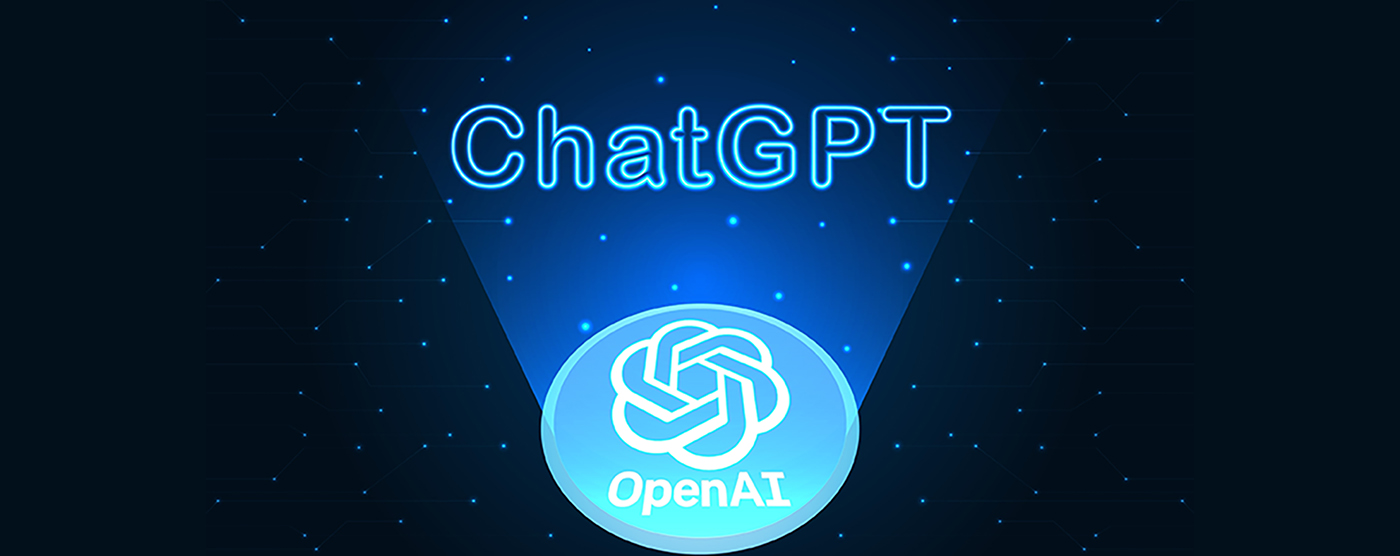
ChatGPT and Future Changes—and Challenges
If you are unfamiliar with ChatGPT, a recent release from OpenAI, be prepared for changes that will sweep over many industries—and also challenge even more human-performed careers.
Disruption on a massive scale
When applied to changes in business and how systems function, the term “disrupt” is very often used—and even overused. Not so with ChatGPT. A recent article in Harvard Business Review (HBR) explained how this late-breaking technical advance in AI will genuinely disrupt how companies and organizations operate—not to mention its grim impact on the livelihoods of many people. Referred to by HBR as “knowledge work,” the tasks that ChatGPT will be able to carry out include copywriting, handling customer service questions, and even more complex and specialized efforts such as crafting legal documents. Overwhelming? No. Beyond overwhelming.
Artificial intelligence (AI) versus human effort
The authors of the HBR article take the position that while continued improvements to AI place an increased number of careers at risk, there are also newfound job opportunities on the horizon. The potential problem, according to HBR, will not be with AI—and specifically ChatGPT—but with whether or not people will have the flexibility to adjust. The theory is that in order to adjust, economic systems that employ the workforce throughout the world must be redesigned. In other words, new workflows and job tasks must be adopted. This means that many people will need to learn updated technologies and the methods of carrying out newly developed tasks. The learning curve will be wide and far-reaching. But will these future possibilities be that extreme?
Another perspective on technology and humanity: An informal case study
Countering the HBR article is an essay from The Progress Network, where author Emma Varvaloucas argues her belief that ChatGPT will (probably) not jeopardize her job. (Emma Varvaloucas, it should be noted, is an editor and writer—positions that are under possible threat of being displaced by ChatGPT.) While agreeing that the capabilities of ChatGPT are impressive, there are nevertheless limits. Brian Leli, another author at The Progress Network, was tasked with testing the ChatGPT bot. He began with the question: “What could go right?” After a very involved back-and-forth “conversation,” the ChatGPT bot predicted that Mr. Leli and his wife would divorce and open up rival ice cream shops!
In conclusion
The authors of the HBR article are all very enthused about the future of ChatGPT, stating that the proverbial genie is not going back into the bottle, and they reaffirm their beliefs that emerging technologies must be harnessed in order to benefit society. Emma Varvaloucas, on the other hand, states that ChatGPT may affect or alter many jobs, but not take them over outright. And even if this new technology turns out to complement—and not compete—with current job titles, there are bugs to be worked out and limitations that even the most inspired AI disciples should take into account.
Yes, technology is advancing, and it is overwhelming, if not downright intimidating at times. The EGC Group is keeping track of what to be aware of in the future.
